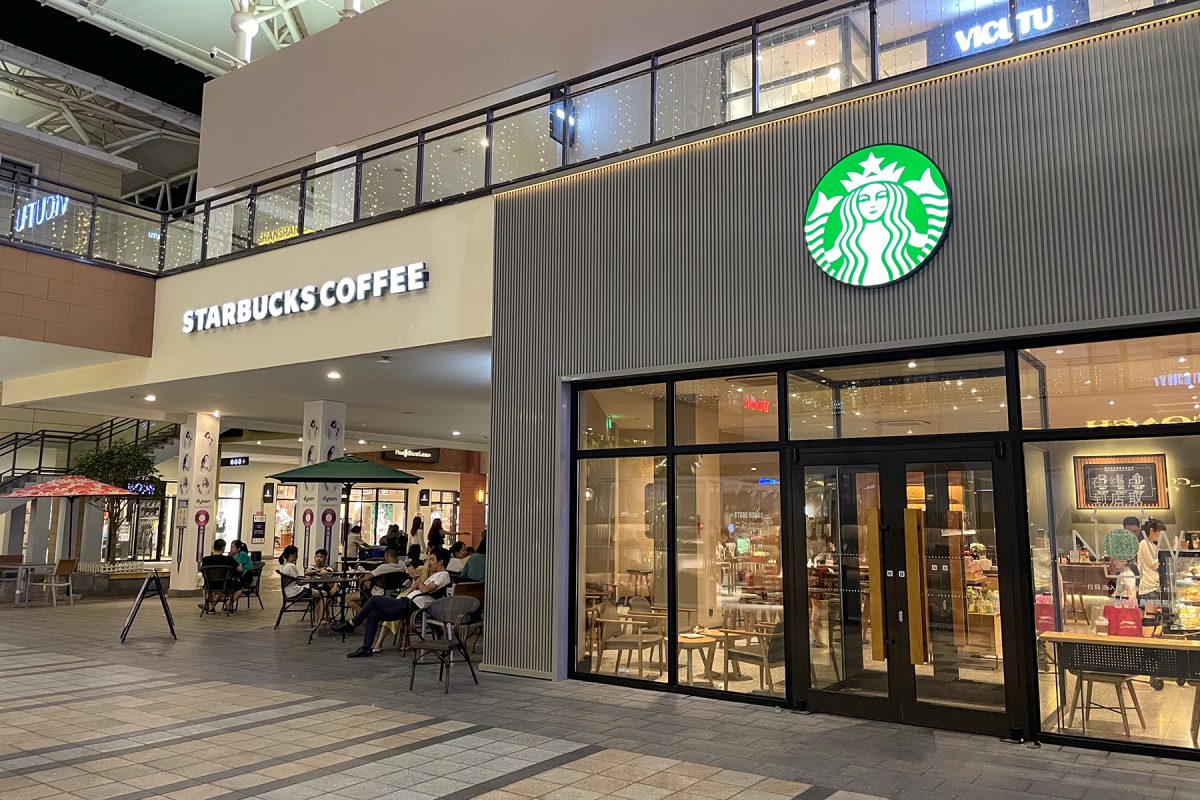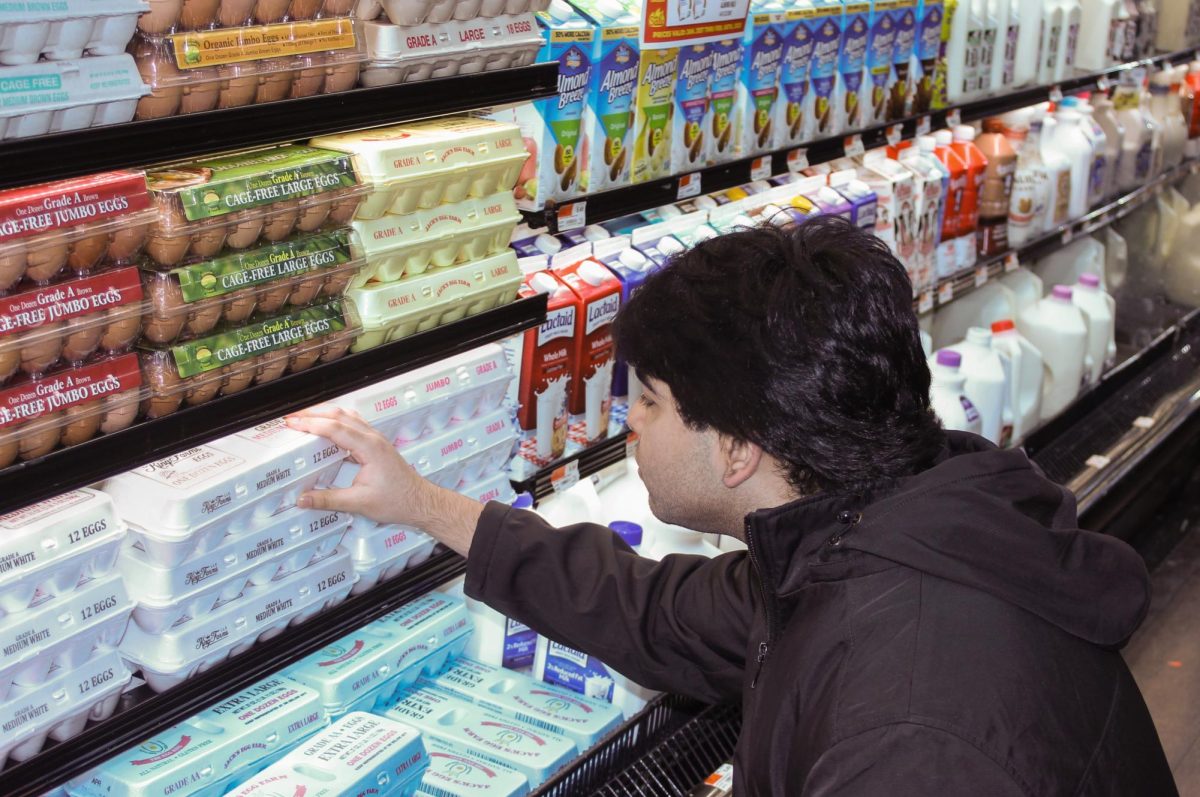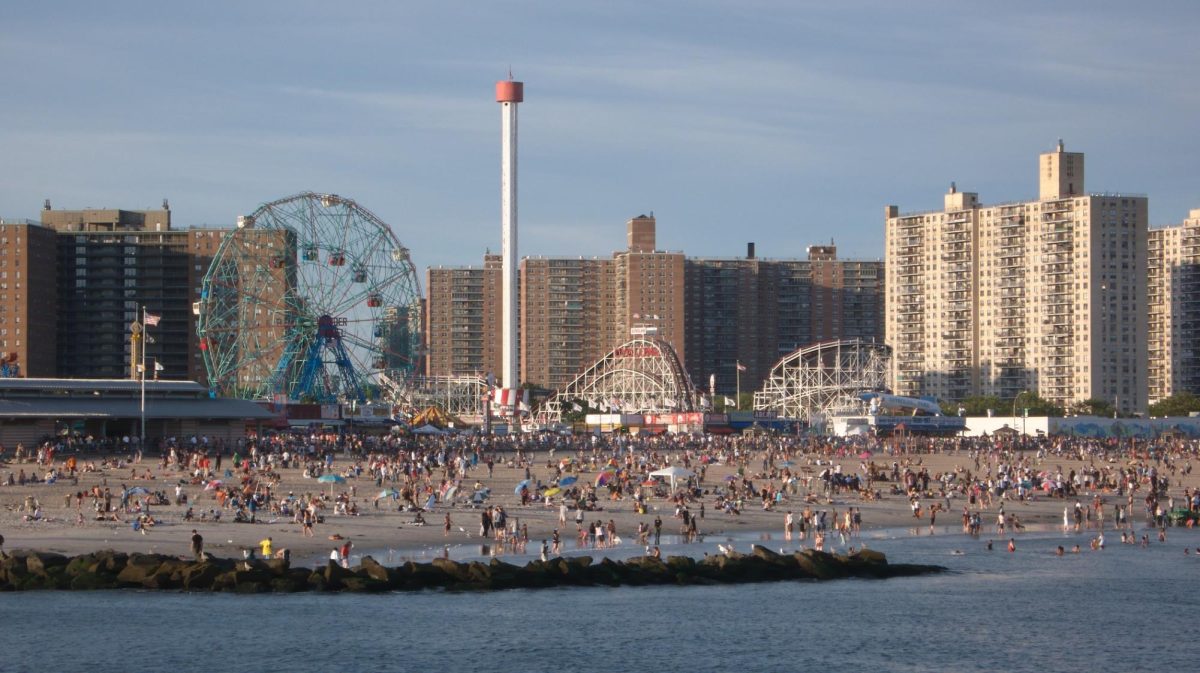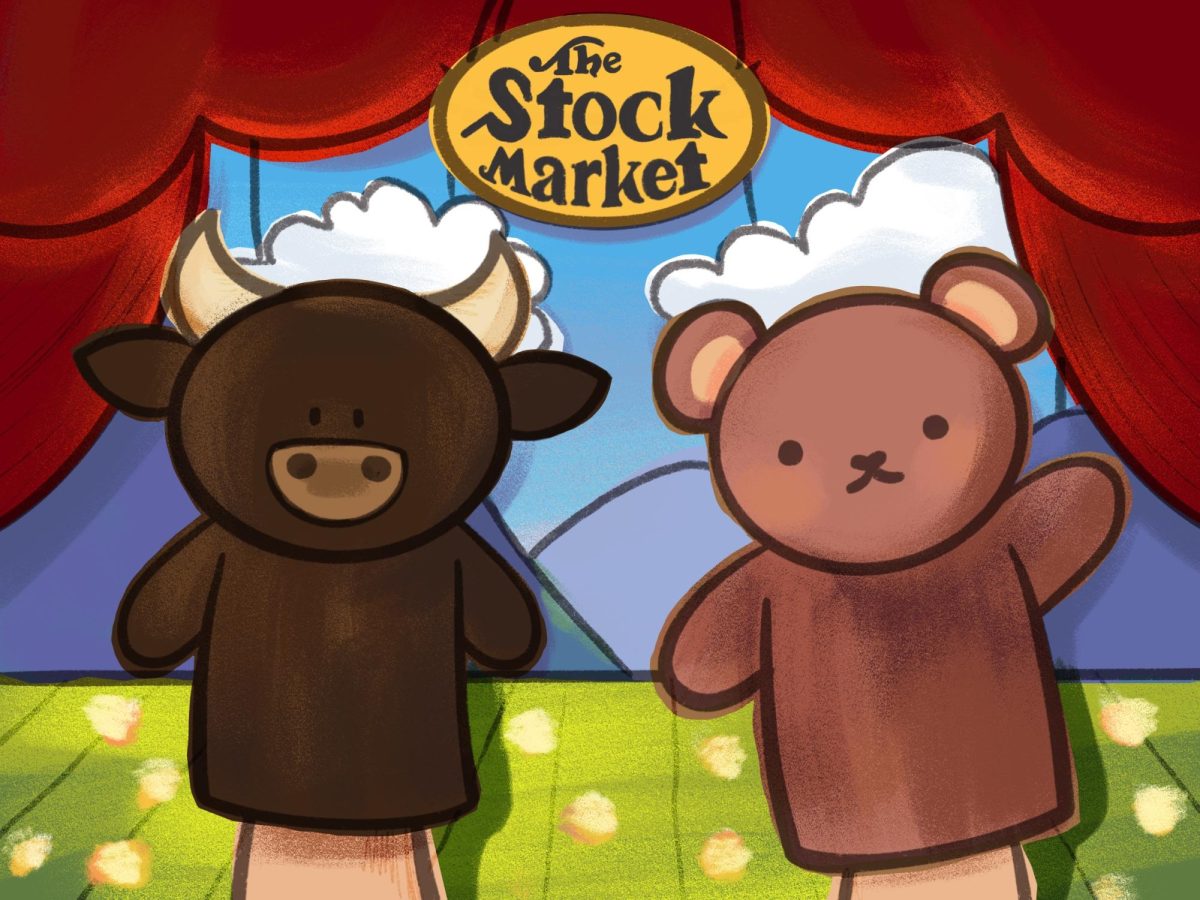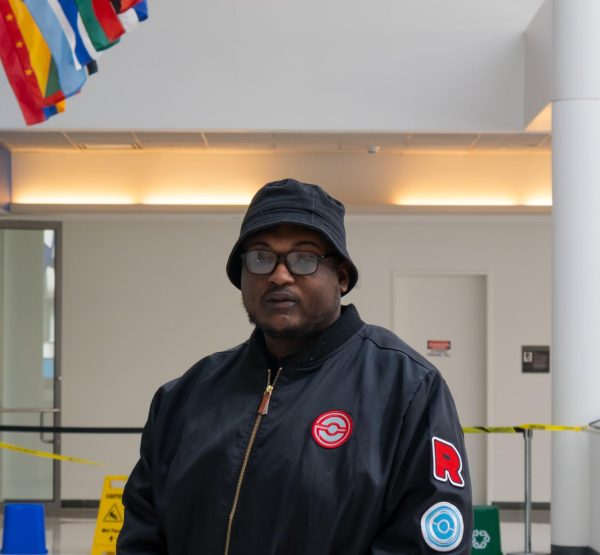Customers sued Starbucks Corp. after arguing that its fruit drinks do not include their advertised fruit.
Noan Kominis from Astoria, New York and Jason McAllister of Fairfield, California filed the claim through a consumer protection lawsuit against the popular coffee brand over its “refresher” line of drinks.
Kominis and McAllister stated that the drinks did not include real mango, dragon fruit or acai. The plaintiffs stated they paid a “premium price” for the refresher drinks. The price for the drinks typically goes between $3.95 and $5.95.
“Starbucks has marketed the Products with the names of specific fruits, representing to its customers that the Products, which are supposed to be fruit-based beverages, contain those advertised fruits,” the plaintiff argued.
They also added that they would never have paid for the “premium” price of the drinks had they possessed prior knowledge of the missing advertised fruits.
“The allegations in the complaint are inaccurate and without merit,” a spokesperson for Starbucks said in a statement to the press. “We look forward to defending ourselves against these claims.”
The popular coffee company reportedly asked for the case to be dismissed because the drink name references flavors and not necessarily ingredients.
Starbucks made the case that the refreshers possessed names that “accurately describe the flavors as opposed to the ingredients” and that “any potential consumer confusion would be dispelled by information available from Starbucks’s baristas,” according to the judge’s order.
Despite the company’s attempt to have the case dismissed, U.S. Manhattan District Judge John Cronan impeded their chances, rejecting the company’s attempt to dismiss nine out of the 11 claims, Reuters reported.
The judge dismissed a fraud claim, as he found no proof that Starbucks had any purposeful intention of defrauding consumers, as well as an unjust enrichment claim.
Kominis and McAllister allegations strengthened Cronan’s denial, who said “a significant portion of the general consuming public could be misled by the names of the at-issue beverages.”
According to a report from Forbes, Cronan wrote that, due to Starbucks’ advertising of the drinks being named after what ingredients are contained in them, it was reasonable to assume that the refreshers would have the namesake fruit in them.
Starbucks has had the refreshers as a cold drink option on their menus at its over 37,000 stores worldwide for over ten years.
The lawsuit began in August 2022, and made a case for $5 million in damages. Robert Abiri, who represents the plaintiffs, said he was satisfied with the judge’s decision and looks forward to representing the proposed class action lawsuit.


